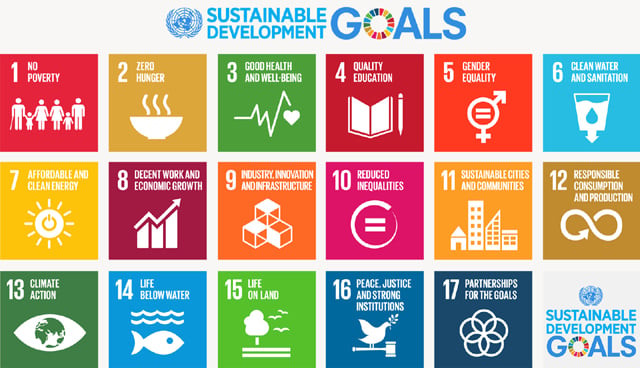System overhaul required to meet SDG targets
Experts call for meaningful partnerships

Development experts and civil society practitioners have identified the lack of authentic data, capacity to deliver, skilled human resource and paucity of funds as the key challenges to achieving targets listed under the Sustainable Development Goals (SDGs) of the United Nations.
This was stated during a webinar on “SDG Regime: Where we are five years after” on Tuesday. The webinar had been organised by the Development Communications Network (Devcom-Pakistan) and DTNTV.
Planning Commissions’ Economic Advisor on SDGs Ali Kemal said that Pakistan was the first country to endorse the 2030 Development Agenda’s SDGs in 2015.
After a resolution to this effect was unanimously passed by the National Assembly (NA), it was incorporated in the national development agenda.
Four years on — progress on SDGs
Even though 31 focal people were appointed in different ministries to coordinate on the SDGs and mainstream their development projects, the country remains off pace. He explained that one major problem is that these focal people have been frequently changed with the changing political climate, hampering the consistency required in coordination and hence affecting performance.
On the challenges of achieving SDG targets, he said that financial inclusion, funds and innovation to handle the process of progress on indicators were the major shortcomings.
Mainstreaming of SDGs into development projects and mapping indicators, grassroots level awareness and data reporting will immensely improve Pakistan’s performance on SDGs, he said.
Senior Technical Advisor to the National Assembly Taskforce on SDGs Chaudhary Shafiq said that they have created awareness amongst parliamentarians about the importance of SDGs.
“Because of the awareness,” he said, “parliamentarians adopted the SDGs framework in the NA session.”
Moreover, to spur performance, he said that the task force will launch a ‘Constituency Scorecard’ to measure development in the context of SDG indicators.
Devcom-Pakistan Director Munir Ahmed said that SDGs will not have meaningful success without substantial partnerships, sharing of resources, skills and capacity, coordination and collaboration.
While the potential of international partnerships is being harnessed, they have to do it at the domestic level as well.
WASH and Water Conservation Expert Nadeem Ahmed said that only water and sanitation indicators have improved while rest remains the same.
Role of ICT in achieving Sustainable Development Goals
He added that over 91% of wastewater remains untreated while hand-washing remains at a poor 60% despite awareness campaigns for Covid-19.
“Pakistan is one of the countries where underground water is extracted at higher ratios while recharge is very low. It will make Pakistan more vulnerable to water availability to all,” he warned.
Adil Rasheed asked to overhaul the entire system from improving the planning to management and service delivery. He said the system is inefficient to deliver the required results. Adequately trained and dedicated human resources are required to work on automated tools to ensure time-bound efficient delivery of tasks.
Published in The Express Tribune, July 22nd, 2020.



















COMMENTS
Comments are moderated and generally will be posted if they are on-topic and not abusive.
For more information, please see our Comments FAQ